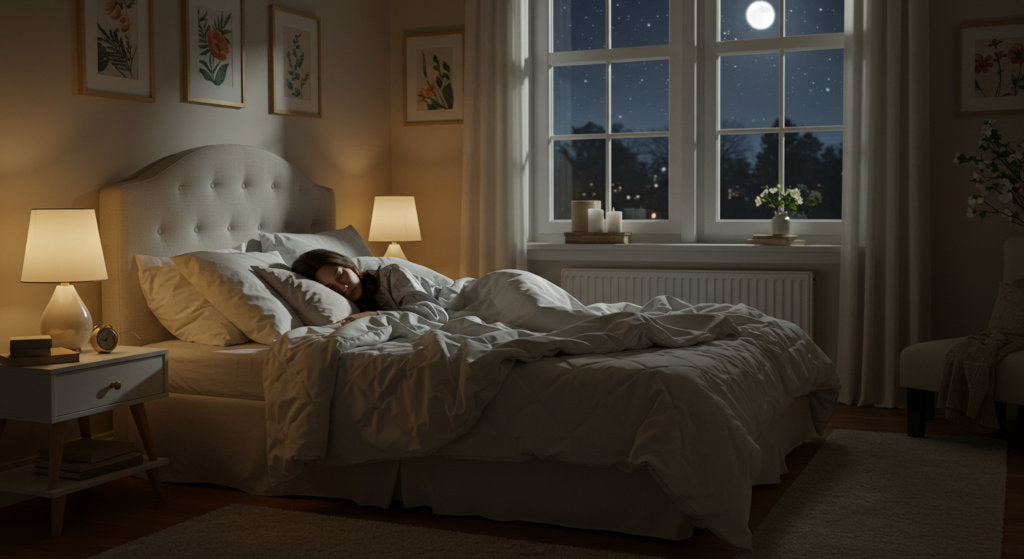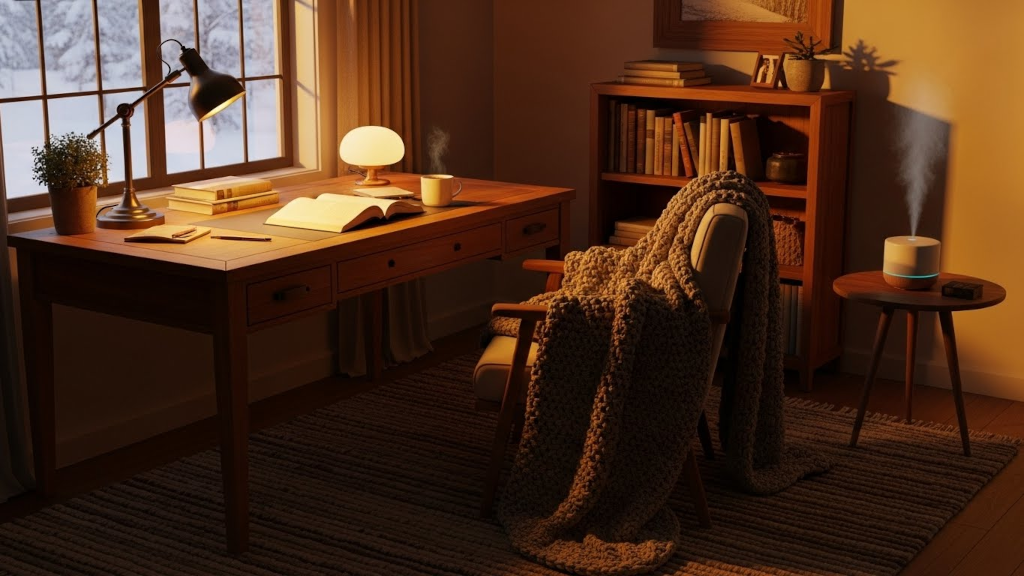Scent is deeply tied to memory, emotion, and even identity, but its influence during sleep is far less understood. While the body rests and the eyes close, the brain remains active, navigating cycles of light, deep, and REM sleep. This is the realm of dreams, where images blur, emotions heighten, and logic loosens. In this private world, scent may seem irrelevant, yet it has a quiet role to playone that touches both the conscious and subconscious mind.
The Physiology of Sleep and Scent
As we drift into deeper stages of sleep, the body begins to block out external stimuli, including sound, light, and smell. But unlike sight or touch, our sense of smell does not fully shut down. It remains partially receptive, especially in lighter stages of sleep, where it can still register changes in the environment. Although scent may not fully awaken the sleeper, it can influence mood and brain activity in measurable ways.
Research has shown that the presence of specific scents during sleep can affect everything from stress levels to dream content. This happens not because we’re actively smelling in our sleep, but because fragrance affects the emotional centers of the brain. Even when we are unconscious, scent travels through the olfactory bulb to the limbic system, the same region responsible for emotion, memory, and imagination.
Can You Smell in a Dream?
Some dreamers swear they have smelled specific aromas during vivid dreams, like fresh earth, ocean air, or a loved one’s cologne. Others never encounter scent in their dream world. This variance seems tied to personal experience, emotional memory, and how much attention scent receives in waking life. For those who rely heavily on fragrance for comfort, mood, or identity, the subconscious may recreate those impressions in dreams, even if faintly.
Dreaming of scent may also be more common in people who use aromatherapy or fragrance rituals regularly. When you associate scent with specific times of day, emotions, or memories, it becomes more ingrained in your internal narrative. The brain pulls from familiar sensations when dreaming, and scent, especially emotionally charged scent, can easily be part of that mix.
Fragrance as a Dream Cue
One of the most practical uses of scent during sleep is as a subconscious cue. Introducing a consistent fragrance at bedtime, such as through a cold air diffuser, helps condition the brain to enter a relaxed state more quickly. Over time, this becomes a sensory trigger for rest, similar to dimming lights or playing soft music.

Using cold air diffusion is especially important at night. Without heat or water, the oils remain chemically intact, offering a pure, dry release into the air. This allows each note top, middle, and base to express itself naturally and evenly, without distortion. The result is a quiet, supportive background rather than an overwhelming presence, making it perfect for sleep environments.
Certain scents have been linked to specific effects on the dream cycle or dream recall:
-
Lavender is known for reducing heart rate and supporting deeper sleep
-
Frankincense brings emotional grounding and mental stillness
-
Rose may encourage gentler dreams and emotional release
-
Jasmine has been studied for its calming, emotionally uplifting effects
-
Peppermint may enhance clarity, both mentally and in memory retrieval upon waking
Creating a Subconscious Fragrance Ritual
If you want to explore the role of fragrance in your dream life, begin with one aroma and use it consistently over time. Select an oil that supports the kind of rest or emotional tone you desire comfort, focus, stillness, or openness. Place your cold air diffuser near a steady source of airflow but never too close to your bed. The goal is to create a lightly scented atmosphere, not a concentrated cloud.
Keep your bedroom environment quiet, uncluttered, and dimly lit. Your diffuser can run for a set period as you fall asleep, offering just enough scent to set the tone without overstimulating your senses. With repetition, your body and mind will begin to link that fragrance with the onset of sleep, and eventually, perhaps with the texture of your dreams.
Final Thought
The question of whether we smell in dreams may not have a simple answer. But the influence of fragrance on our subconscious is undeniable. By engaging this subtle but powerful sense, we shape not only our external space but also the quiet internal stories that unfold while we sleep.
Let your night air carry something gentle and familiar. The mind may not always notice, but the heart often does.
- Tristan Robertson | CCG








